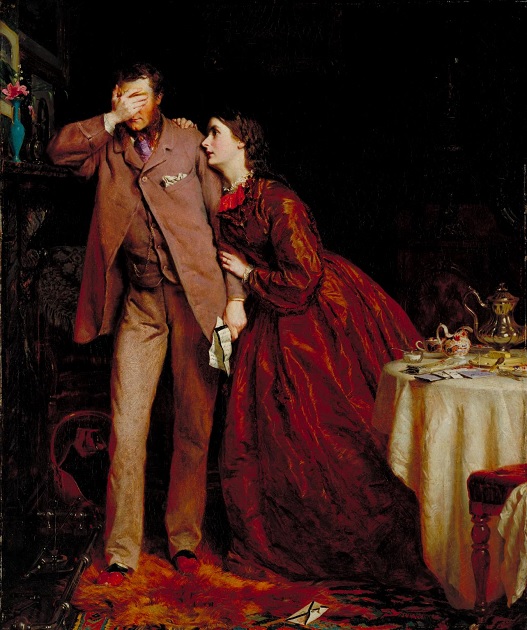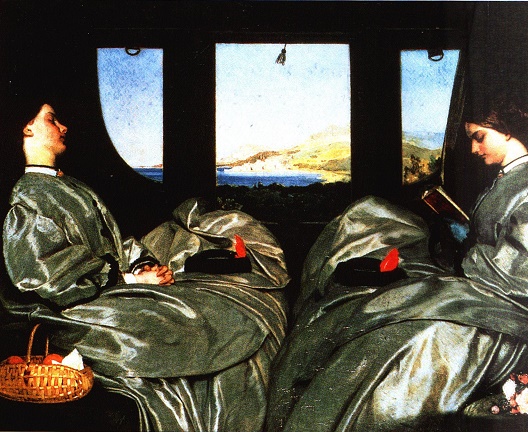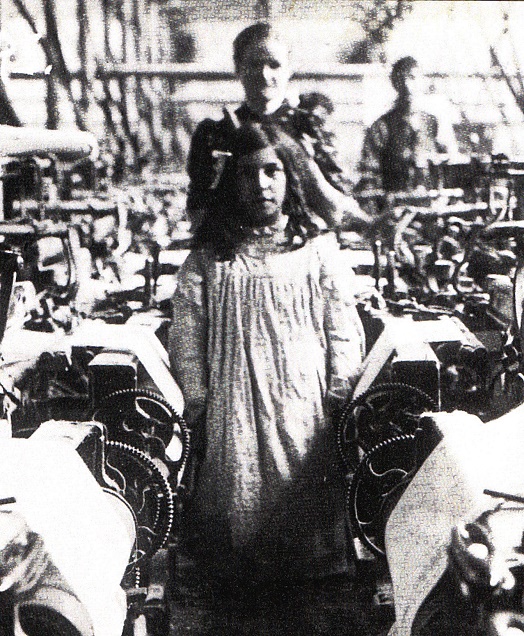|
1
A woman's world
From a book written by Mrs John Sandford,
Woman in
her Social and Domestic Character, 1831. It was written
"exclusively for her own sex", but she hoped it would meet with the aporoval
of "those of whom she ever wishes to be the humble follower" (i.e. men).
A woman should make a man's home delightful, and support him at his work. She should calm his mind – turn away his anger, and take away his sadness.
Where a home is not happy, it is the woman's fault, for the woman, not the man, must make the sacrifice, especially in things that do not really matter.
In everything that women do, they must make it clear that they depend on men. There is something unpleasant about self-sufficiency in females...
Their sex should ever teach them to be subordinate; they must get their own way, not by arguing, but by a gentle appeal to love or right and wrong. In this respect, women are like children: the more they show they need looking after, the more attractive they are.
|
2
Woman's Mission - Companion of Manhood
This painting (1863) by George Elgar Hicks was part of a triptych entitled
Woman’s Mission, the other two panels being
Guide of Childhood and
Comfort of Old Age.

|




